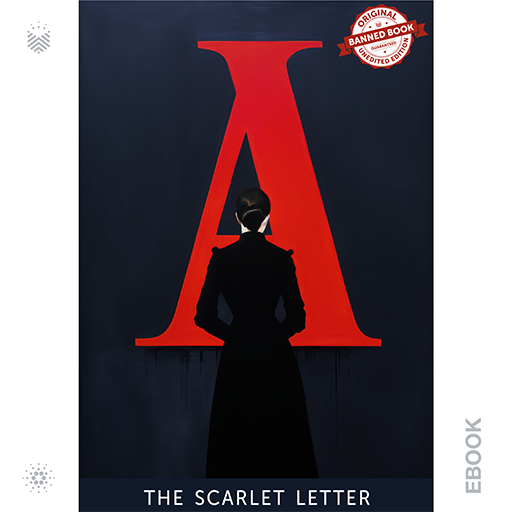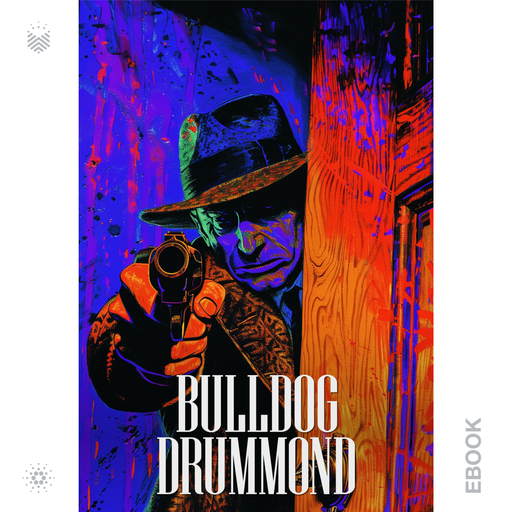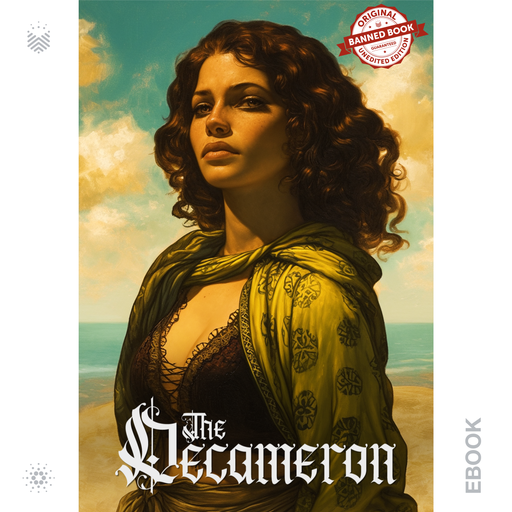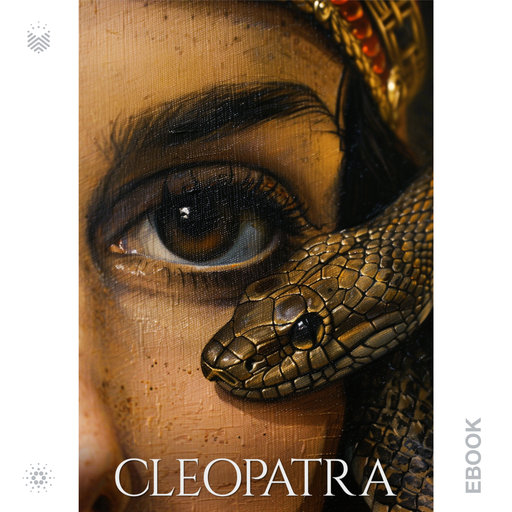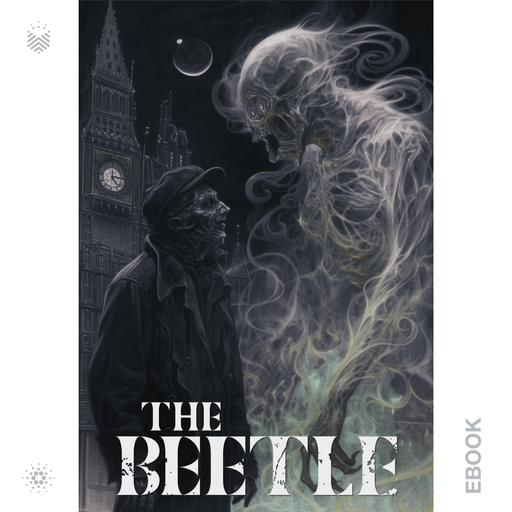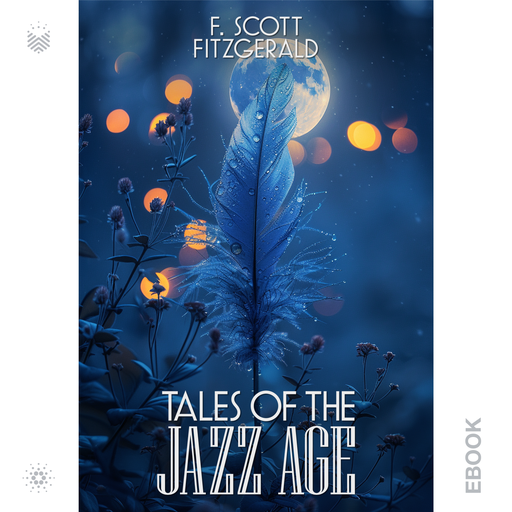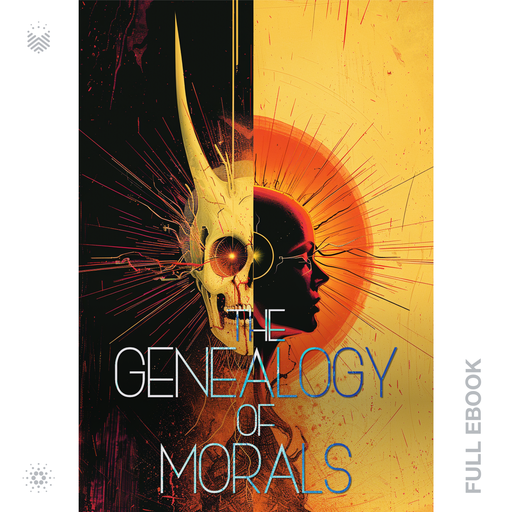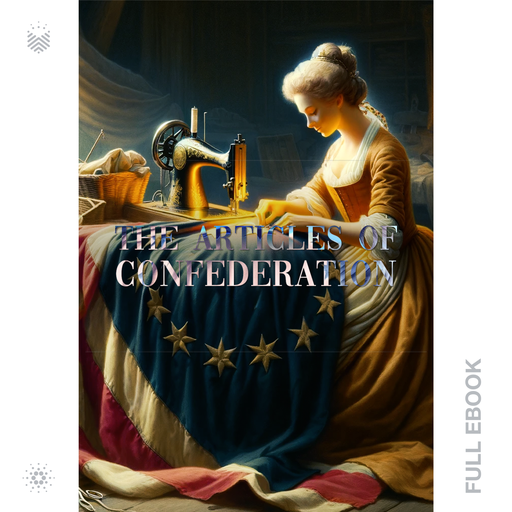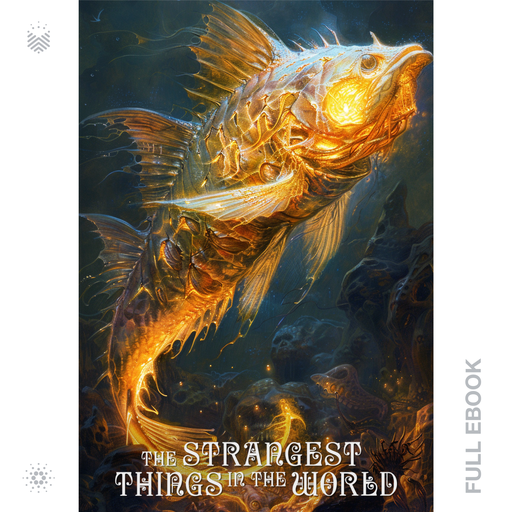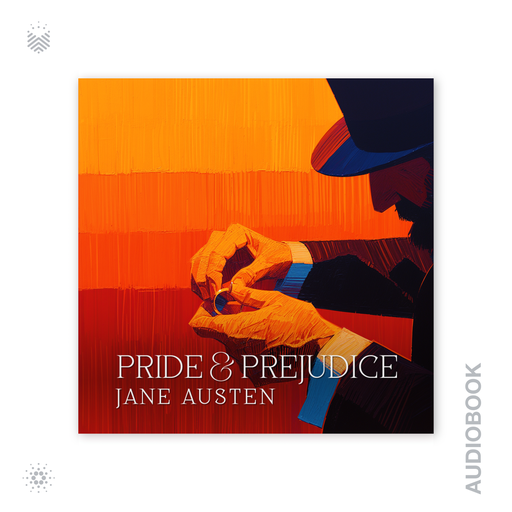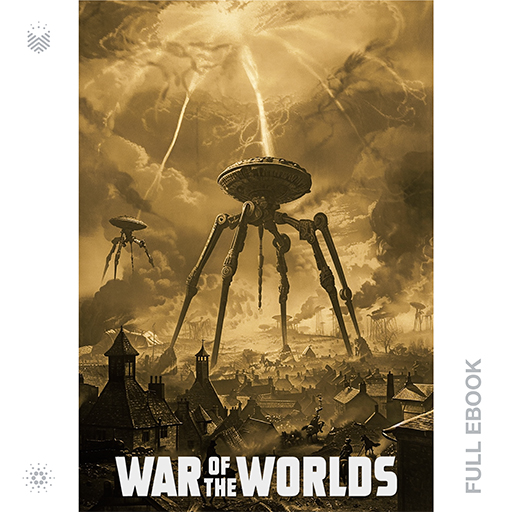by Mark Twain
Mark Twain’s “Adventures of Huckleberry Finn,” first published in 1884, is a cornerstone of American literature that explores themes of freedom, friendship, and moral growth through the journey of a young boy named Huck Finn. Escaping from his abusive father, Huck embarks on a raft journey down the Mississippi River, accompanied by Jim, a runaway slave seeking freedom. Their adventures and encounters with various characters reveal the social and racial injustices of the pre-Civ… Read More
by Nathaniel Hawthorne
“The Scarlet Letter” by Nathaniel Hawthorne, first published in 1850, is a classic work of American literature that delves into themes of sin, guilt, and redemption. Set in 17th-century Puritan Massachusetts, the novel follows Hester Prynne, a woman who bears an illegitimate child and is condemned to wear a scarlet letter “A” (for “adulteress”) on her chest as a mark of shame.
… Read More
by Upton Sinclair
“The Jungle” by Upton Sinclair, first published in 1906, is a seminal work of American literature that exposes the harsh realities of the meatpacking industry in Chicago. Sinclair’s novel follows the life of Jurgis Rudkus, a Lithuanian immigrant who arrives in America with dreams of prosperity, only to encounter exploitation, poverty, and despair. Through Jurgis’s harrowing experiences, Sinclair sheds light on the appalling working conditions, corruption, and lack of sani… Read More
by Titus Lucretius Carus
“On the Nature of Things” (De Rerum Natura) by Titus Lucretius Carus is a seminal work of ancient Roman literature and philosophy, written in the 1st century BCE. This epic poem, composed in six books, aims to explain the physical world through the lens of Epicurean philosophy, which Lucretius ardently followed.
Read More
by A. A. Milne
“Winnie-the-Pooh” by A. A. Milne is a beloved classic of children’s literature, first published in 1926. The book introduces readers to the enchanting world of the Hundred Acre Wood, where the lovable bear Winnie-the-Pooh and his friends embark on delightful adventures. Milne’s charming storytelling, coupled with E. H. Shepard’s iconic illustrations, brings to life the whimsical characters of Pooh, Piglet, Eeyore, Tigger, and others.
… Read More
by H. C. McNeile
“Bulldog Drummond” by H. C. McNeile, writing under the pseudonym Sapper, was first published in 1920. The novel introduces readers to Hugh “Bulldog” Drummond, an iconic figure in early 20th-century British adventure fiction. Drummond, a daring and resourceful ex-World War I officer, seeks excitement and purpose in a peacetime world. Bored with civilian life, he offers his services as a troubleshooter, quickly attracting attention for his fearless spirit and imposing prese… Read More
by Giovanni Boccaccio
Giovanni Boccaccio’s “The Decameron” transports readers to 14th-century Italy during the devastating Black Death. In this vivid narrative, ten young Florentines—seven women and three men—flee their plague-stricken city to seek refuge in a serene villa in the countryside. To pass the time and keep their spirits high, they each take turns telling stories over ten days, culminating in a rich tapestry of one hundred diverse tales.
… Read More
by H. Rider Haggard
“Cleopatra” by H. Rider Haggard is a historical novel published in 1889. Set in the ancient world, it blends historical facts with Haggard’s flair for adventure and romance. The story follows Harmachis, a young Egyptian prince destined to overthrow the Greek Ptolemaic dynasty and restore native rule to Egypt. His journey is fraught with danger and intrigue as he navigates the treacherous political landscape of ancient Egypt, where alliances shift like sand dunes in the desert.
… Read More
by Unknown
“Beowulf,” an epic poem composed in Old English, presents a rich tapestry of heroism, valor, and the struggle between good and evil. Set in Scandinavia, the poem introduces Beowulf, a noble warrior renowned for his unmatched strength and courage. The story unfolds in a world filled with formidable monsters, ancient feuds, and grand halls where warriors gather to celebrate their victories and share tales of their exploits. The vivid imagery and powerful language transport readers to a… Read More
by Richard Marsh
Richard Marsh’s “The Beetle” captivates readers with its thrilling blend of horror and mystery, set against the backdrop of late 19th-century London. Published in 1897, the novel weaves a tale of terror as it follows the sinister figure of a shape-shifting Egyptian beetle that wreaks havoc on the lives of those it encounters. The narrative unfolds through multiple perspectives, each adding layers of suspense and intrigue to the story. Marsh’s ability to create a palpable … Read More
by F. Scott Fitzgerald
F. Scott Fitzgerald’s “Tales of the Jazz Age” captures the essence of the Roaring Twenties with a vibrant collection of short stories that explore the era’s exuberance, excess, and underlying disillusionment. Published in 1922, this anthology reflects Fitzgerald’s keen observations of the social dynamics and cultural shifts that defined the Jazz Age. Each story delves into different facets of the time, from the flamboyant lifestyles of the rich and glamorous to the … Read More
by Aristophanes
“Lysistrata” by Aristophanes is a timeless Greek comedy that unfolds against the backdrop of the Peloponnesian War, offering a bold and satirical commentary on the folly of war and the power of women. Written in the 5th century BCE, Aristophanes’ play centers around the eponymous heroine, Lysistrata, who hatches a daring plan to end the war by convincing the women of Greece to withhold sexual privileges from their husbands until they agree to negotiate peace. As Lysistrata̵… Read More
by Honoré de Balzac
“Droll Stories” by Honoré de Balzac is a collection of ribald and satirical tales set in medieval France, filled with humor, wit, and irreverence. Balzac, a prolific French novelist and playwright, penned these tales in the mid-19th century as a departure from his more serious literary works, aiming to entertain and amuse his readers with bawdy and risqué narratives. Through a series of colorful characters and outrageous scenarios, Balzac explores the foibles and follies of human n… Read More
by Geoffrey Chaucer
Geoffrey Chaucer’s “The Canterbury Tales” transports readers to the vibrant and diverse world of medieval England, offering a panoramic view of society through the lens of a group of pilgrims journeying to the shrine of Thomas Becket in Canterbury. Written in Middle English in the late 14th century, Chaucer’s magnum opus is a rich tapestry of storytelling, wit, and social commentary. Through a series of interconnected tales told by a colorful cast of characters from vario… Read More
by Gustave Flaubert
Gustave Flaubert’s “Madame Bovary” takes readers on a journey into the tumultuous life of Emma Bovary, a young woman trapped in the suffocating confines of bourgeois society in 19th-century France. As Emma grapples with the monotony of her provincial existence and yearns for a life of passion and excitement, she embarks on a series of ill-fated affairs and reckless pursuits in pursuit of her romantic ideals. Flaubert’s narrative skillfully depicts Emma’s descent int… Read More
by Friedrich Nietzsche
In Friedrich Nietzsche’s seminal work, “The Genealogy of Morals,” readers are plunged into a philosophical exploration of the origins and development of moral values. Nietzsche challenges conventional notions of morality and traces its evolution from its primitive roots to its modern manifestations. With piercing insight and provocative rhetoric, he delves into the psychological, cultural, and historical forces that shape human ethics, offering a radical critique of traditional… Read More
by Solomon Northup
“Twelve Years a Slave” recounts the harrowing true story of Solomon Northup, a free African American man who was kidnapped and sold into slavery in the antebellum South. Through Northup’s own vivid and compelling narrative, readers are transported to the brutal world of plantation life, where human beings are treated as property and subjected to unimaginable cruelty. As Northup struggles to maintain his dignity and humanity in the face of oppression, his story serves as a power… Read More
The Articles of Confederation, ratified in 1781, served as the first constitution of the United States, following the nation’s declaration of independence from British rule. Crafted by the Second Continental Congress, this document aimed to provide a framework for governance among the newly formed states. However, its structure reflected a cautious approach to central authority, as the colonists were wary of repeating the abuses they had experienced under British rule.
… Read More
by Thomas R. Henry
In “The Strangest Things in the World” by Thomas R. Henry, readers are taken on a fascinating journey through a myriad of oddities and curiosities from around the globe. With meticulous research and engaging storytelling, Henry uncovers the most bizarre phenomena and peculiar occurrences, inviting readers to delve into the extraordinary and the inexplicable. From natural wonders to supernatural encounters, each chapter presents a captivating exploration of the world’s strangest… Read More
by Jane Austen
“Pride and Prejudice” by Jane Austen is a captivating novel that immerses readers in the complex social dynamics of early 19th-century England. Austen’s sharp wit and keen observation bring to life the world of the Bennet family, particularly the headstrong and independent Elizabeth Bennet, whose journey forms the heart of the novel. As Elizabeth navigates the intricacies of courtship and marriage in a society obsessed with social status and propriety, readers are drawn into a … Read More
by Laozi
The “Tao Te Ching” is a foundational text in Taoism, an ancient Chinese philosophical and religious tradition, written around 400 BC.
It is a collection of 81 short chapters, each containing poetic and philosophical verses. The text explores the concept of the Tao (Dao), which can be translated as the “Way” or the “Path.” The Tao represents the fundamental and unnameable force that underlies and unifies the universe.
… Read More
by E. M. Forster
In E. M. Forster’s “A Room with a View,” readers are swept into a captivating tale of love, self-discovery, and societal conventions. Through Forster’s vivid prose, we follow the journey of Lucy Honeychurch, a young Englishwoman who embarks on a journey of personal growth and transformation during a trip to Italy. As Lucy navigates the complexities of Edwardian society and grapples with her own desires and aspirations, she finds herself torn between the expectations of he… Read More
by Homer
“The Odyssey” stands as one of the greatest works of classical literature, revered for its rich storytelling, complex characters, and enduring themes. Homer’s epic poem continues to resonate with readers across cultures and generations, serving as a testament to the enduring power of storytelling to illuminate the human experience. As Odysseus’s journey unfolds, readers are reminded of the timeless truths embedded within Homer’s verses, inspiring contemplation on th… Read More
by H.G. Wells
H.G. Wells’ “War of the Worlds” catapults readers into a thrilling tale of extraterrestrial invasion, where Martians descend upon Earth with devastating force. Through Wells’ vivid prose, the reader witnesses the chaos and destruction wrought by the ruthless Martian invaders, whose advanced technology overwhelms humanity’s defenses.
Read More


